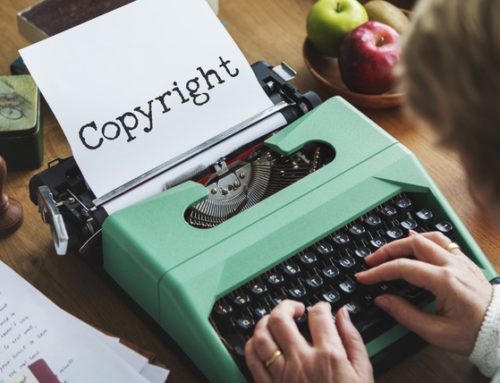Licensing of intellectual property and drafting a non-exclusive or exclusive license can be overwhelming. Without knowledge of intellectual property law, licensing terms seem confusing. Indemnification, commercialization, jurisdiction, perpetual, warranties: the list is endless. Oftentimes, how we use those terms in daily conversations is different from how they are used in a licensing deal.
Licensor and licensee
A licensor is someone granting rights, while a licensee is someone wanting to make use of another’s intellectual property rights. What is legally allowed and prohibited should be taken into account, regardless of which side you are on. Since it is a legal agreement, breaching a valid agreement or carrying out an invalid agreement can lead to lawsuits.
What is a license agreement for
Licensors often grant a license for:
- Technology, including software and computer applications or patented inventions
- Intellectual property, such as trademarks or copyrights
Licensing technology
 A company with a patented invention that has no means to produce or distribute the invention will benefit greatly from licensing. Such a company can grant those rights to another business that does have the necessary capabilities, be it non-exclusive or exclusive.
A company with a patented invention that has no means to produce or distribute the invention will benefit greatly from licensing. Such a company can grant those rights to another business that does have the necessary capabilities, be it non-exclusive or exclusive.
Here, the owner of the patent grants or ‘sells’ the right and license to use that process to the other party (that he or she has negotiated and came to an agreement with). This is in exchange for either a fixed license fee or a variable royalty that depends on sales.
Licensing other intellectual property
One cannot talk about licensing without mentioning its connection with trademarks and copyrights. A trademark license allows a licensee to make and distribute products or services, as specified by agreement, bearing the licensor’s trademark.
A copyright license, meanwhile, allows a licensee to reproduce or sell the licensor’s copyrighted work. It may also include derivative works of the original copyright owner.
Licensees are expected to exercise diligence to ensure that they are licensing rights from the actual owner of the licensed intellectual property. You could be negotiating on a license agreement with a third party pretending to be the owner of the rights, which could expose you to infringement liability.
Before you create, distribute, terminate, or sign any licensing agreement, be diligent. If you want to best understand what the terms of a licensing agreement mean for you and your business, contact our competent lawyers at War IP Law for assistance.




